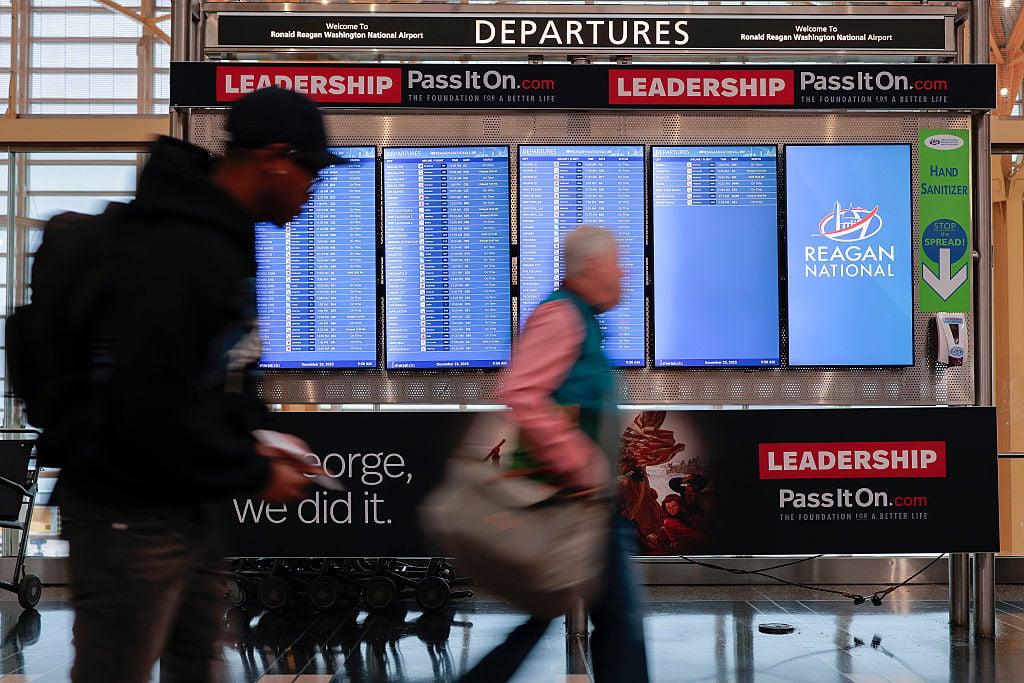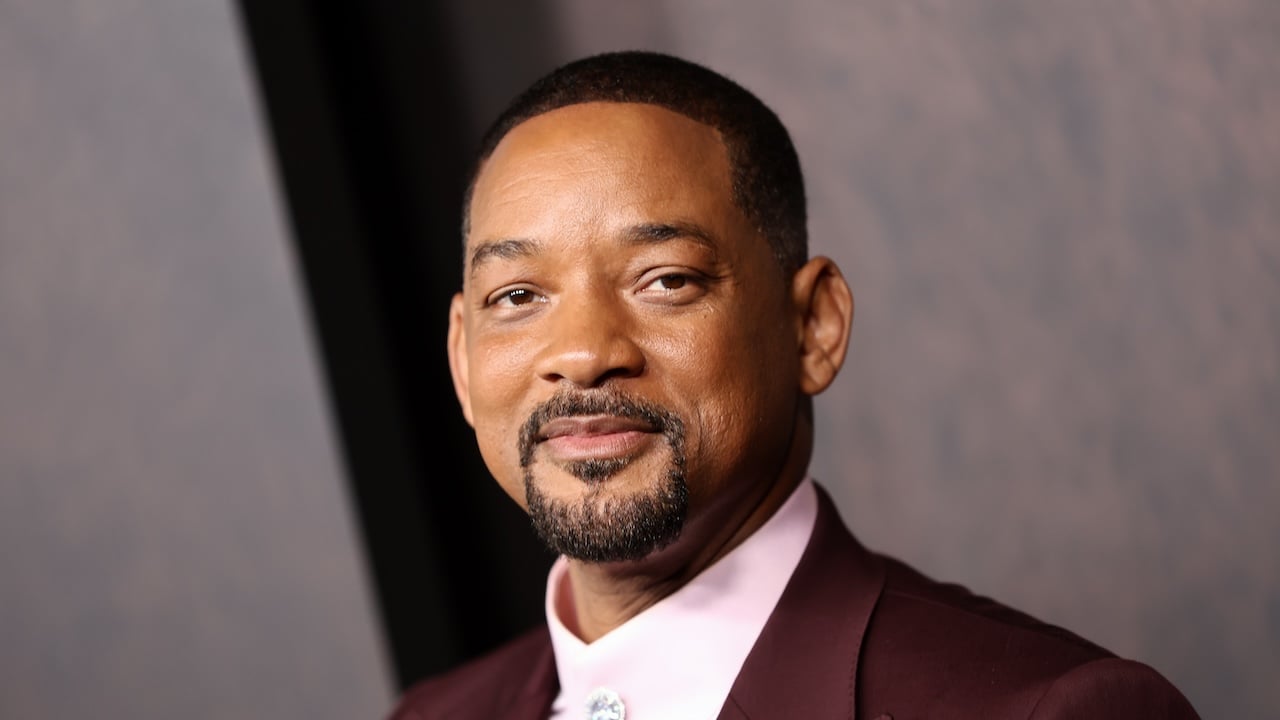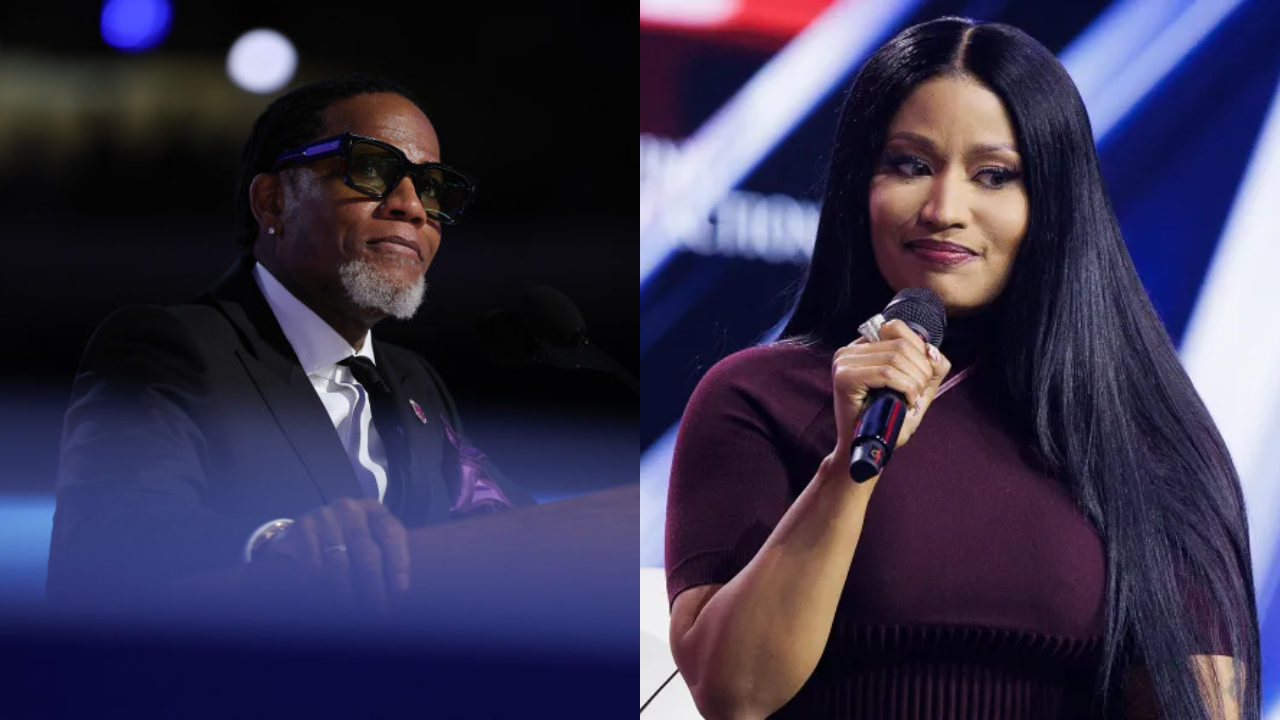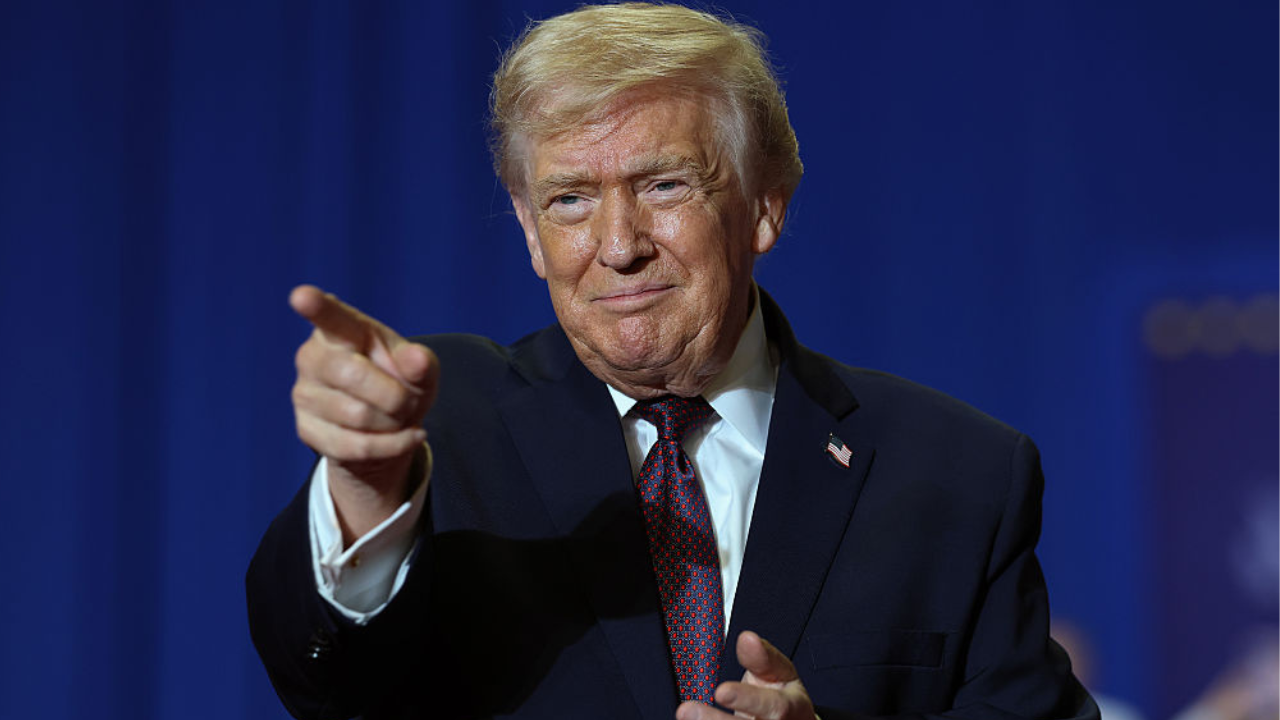Clark Kellogg makes Basketball Hall of Fame with same mentality he had as a player

Clark Kellogg appeared to have been on the path to a Naismith Basketball Hall of Fame career after one of the greatest rookie seasons in NBA history.
That Hall of Fame call eventually came true nearly 40 years after playing for the Indiana Pacers. But instead — to his surprise — he’s made the Hall as a star basketball television analyst rather than a star player.
“I feel like I’m really good at what I do, but I had never even thought about this kind of honor,” Kellogg told Andscape. “I just wanted to serve the game and do a quality job. That’s really it, man. This just hadn’t really registered on my wish list, if you will.
“When I got the call, I was just overwhelmed with gratitude, and you start thinking about the people that have been part of your journey.”
Kellogg will be awarded the 2025 Curt Gowdy Electronic Media Award for his significant contributions to basketball through electronic media on Friday night at the Mohegan Sun in Uncasville, Connecticut. Named after the late legendary broadcaster, the Curt Gowdy Media Award recognizes legendary contributions to basketball through print, electronic or transformative media. Kellogg is best known in the media world as a longtime college basketball analyst for CBS.
Kellogg started in 1993 with CBS Sports, and has covered the NCAA men’s basketball tournament for more than three decades. He was CBS’ lead college basketball analyst calling the Final Four and national championship games alongside Jim Nantz from 2008 to 2013 until he returned to the studio in 2014.
Kellogg began his broadcasting career as a Pacers radio analyst in 1987 and also served as a television analyst for ESPN, the Big East Network, Prime Sports and Cleveland State men’s basketball.
“I take the craft seriously, but I also don’t take myself too seriously about it,” Kellogg said. “I have an enthusiasm and a joy and a fun for what God has privileged and graced me to do in this space. The love of the game is genuine and authentic. And I think how I’ve tried to display that and demonstrate that as an analyst — be it in the studio or at the game site and how I’ve worked with the team as part of it.
“I’ve prioritized being a good teammate, and I’ve prioritized trying to serve the game and all of its people well. Perhaps that is what attracted the Hall to give me this honor.”
Mitchell Layton/Getty Images
Pacers fans may still be wondering what could have been with Kellogg if chronic knee pain didn’t end his NBA career.
Kellogg, named 1979 Mr. Basketball USA after starring at Cleveland St. Joseph High School, played in the McDonald’s All-America Game. The 1982 All-Big 10 selection was a three-year starter at Ohio State, where he averaged 16.1 points and 10.5 rebounds as a junior during the 1981-82 season. The Pacers selected Kellogg with the eighth overall pick in the 1982 NBA draft.
Kellogg averaged 20.1 points, 10.6 rebounds, 2.8 assists and 1.7 steals per game as a rookie in 81 games during the 1982-83 season. The 6-foot-7 forward finished second to Milwaukee Bucks forward Terry Cummings for the 1983 NBA Rookie of the Year award. Kellogg averaged at least 18 points and nine rebounds and played in more than 75 games in each of his first three NBA seasons. Converse also signed him to a sneaker deal, highlighted by his “Special K” signature shoe.
“It was a really flashy rookie season,” Kellogg said. “Even though our team wasn’t very good, I made a pretty bold statement about myself with the 20-10 stat line for my first year. Not many guys had done that as rookies. And then I had a good second year. …
“I thought I could be one of the best in the game for my period. I really did. I thought I would have a chance. So, I continued to work and improve as a 3-point shooter, get better defensively. I was already an elite rebounder, particularly on the offensive end.”
Chronic knee issues, however, started hampering Kellogg during his second season; cartilage was worn in both knees. Despite having surgery in 1984, swelling and discomfort continued. Kellogg was limited to 19 games during the 1985-86 season and four games during the 1986-87 season. After a third knee surgery, he retired in August 1987 at the age of 26.
Kellogg said being smart and cashing in on an insurance policy for his injuries helped financially. He also cited his Christian faith for helping him get through the reality of his playing days ending prematurely.
“I was just getting started when my career ended,” Kellogg said. “So, you get in the league and you are thrilled to get there. Then two, you want to prove that you belong. And then three, you start thinking about being an All-Star, being a key guy in a playoff game. It’s kind of a progression of goals, at least it was for me. That’s kind of how I approached it. And before any of that had come to fruition, my career, it was over. …
“I had tried to come back. But in my mind, I had maxed out. I had done everything I could. And it was obvious that summer of ’87 before I actually announced my retirement. I was playing pickup and having the same issues with swelling and discomfort. And I said, ‘There’s no way. If I can’t do this during the summertime, there’s no way I can do it during the regular season.’ ”
Focus on Sport/Getty Images
Kellogg, 64, is still in love with giving his college basketball analysis and isn’t contemplating retirement at the moment. He said the highlight of his career was proudly watching from a monitor while calling a game as his youngest son, Nick Kellogg, reached the Sweet 16 with Ohio University during the 2012 NCAA tournament before losing in overtime to North Carolina.
Clark Kellogg also has enjoyed working in the studio during the NCAA tournament with Charles Barkley, Kenny Smith and Ernie Johnson, whose “Inside the NBA” show received the Curt Gowdy Transformative Media Award in 2020. Kellogg also credited his parents, wife and family; journalists Greg Gumbel, John Saunders, Tim Brando, Fred White; and producers at ESPN, Cleveland State and CBS for aiding his journey.
Through his Hall of Fame story, Kellogg offers inspiration for athletes that you can stay in the game after your playing career if you keep the same mentality you had as a player.
“Approach it the way you play and approached playing,” Kellogg said. “You have to be committed to the process and the work to get better. And there are no shortcuts to that. Announcing has a glamor to it that sometimes can camouflage the work required.
“If you don’t embrace the work of preparation, study and learning the nuances of being a good teammate and commentator, then you can have your PhD in basketball from playing and not have it translate the broadcasting.”
What's Your Reaction?
 Like
0
Like
0
 Dislike
0
Dislike
0
 Love
0
Love
0
 Funny
0
Funny
0
 Angry
0
Angry
0
 Sad
0
Sad
0
 Wow
0
Wow
0
































